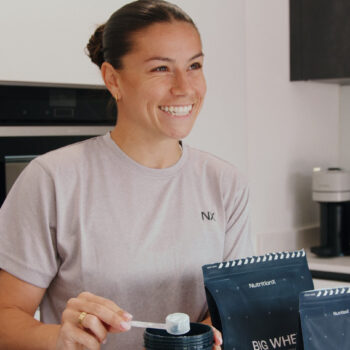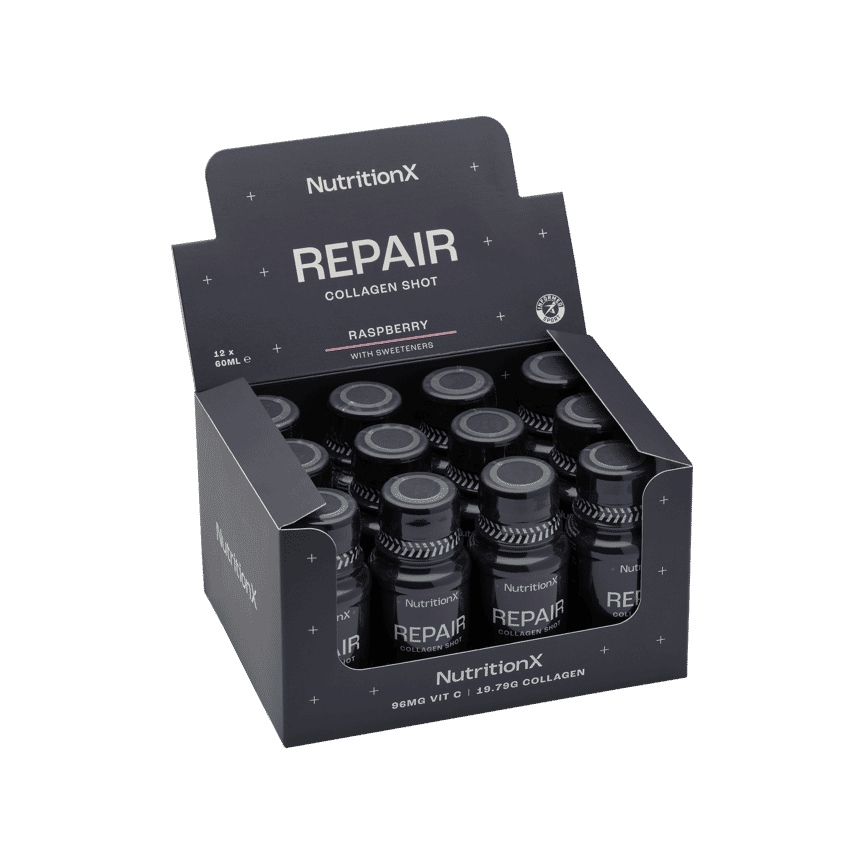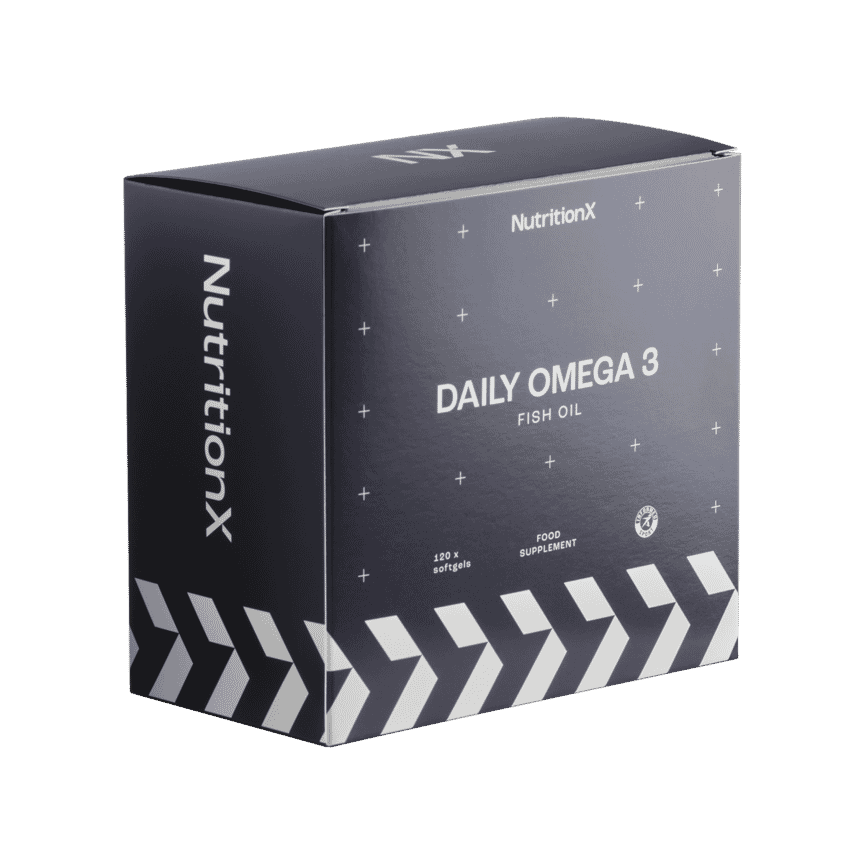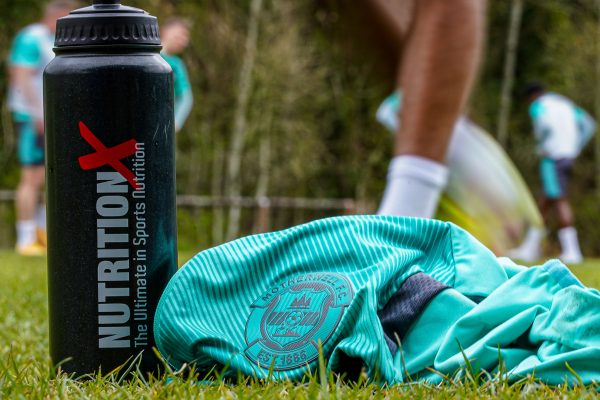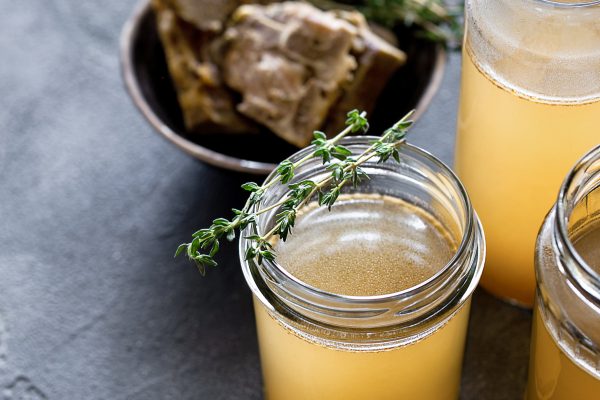How to Fuel to Stay in the Game
In the world of sport, where performance and longevity go hand in hand, injury can be one of the most significant setbacks an athlete faces. Whilst strength, conditioning and recovery protocols are vital, the role of nutrition in safeguarding the body is often underestimated. Here, our team of experts explain how nutrition can be a powerful tool for injury prevention, particularly during the high-risk pre-season period.
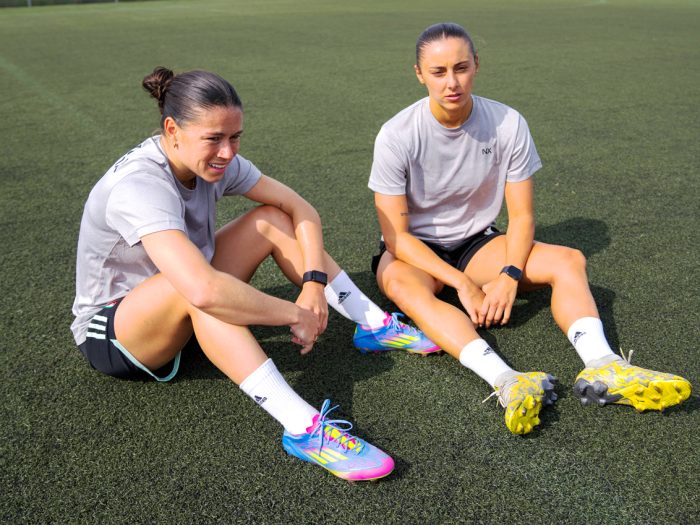
How can injury impact athletes?
Injury affects far more than just physical capability. For athletes, it can mean a loss of match fitness, interrupted training cycles and reduced career opportunities. Psychologically, injuries can also have a negative impact on an athlete’s mental health, with anxiety and depression often anecdotally linked to injury. From a physiological standpoint, injuries disrupt muscle mass maintenance, neuromuscular coordination and metabolic efficiency, and even minor injuries can result in muscular imbalances and compensatory movement patterns that increase future injury risk. A proactive approach to injury prevention is therefore crucial for sustained performance.
Why is pre-season a particularly difficult time for injury?
Pre-season is often a perfect storm for injury due to a sudden spike in training intensity and volume after a period of relative “rest”; particularly for football and rugby players. Athletes may return from an off-season period of reduced training with slight deconditioning, and then face demanding schedules before their bodies have fully adapted. This "training load mismatch" can stress musculoskeletal structures such as tendons, ligaments and joints. Research has proven this (Eckard, 2018), highlighting that rapid increases in training load are a leading predictor of both soft tissue and overuse injuries. Without careful progression and adequate recovery, injury risk is significantly heightened during this phase.
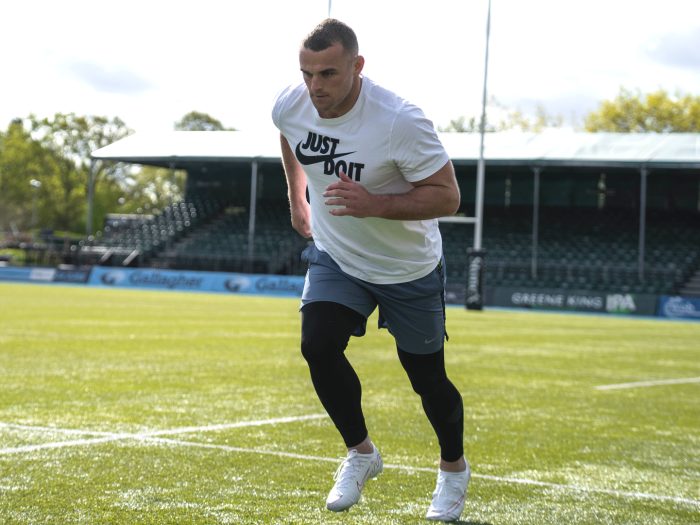
How can athletes minimise the risk of injury?
Injury prevention requires a multi-pronged approach. Periodised training programmes, appropriate rest, regular strength and mobility work, and optimal sleep all contribute to tissue resilience. Tracking both how much work an athlete does (external load) and how they feel (internal load) is also very important when it comes to minimising injury risk. Nutrition, however, is the base of everything, supporting fuelling and recovery, repairing muscles and helping to control inflammation.
Can nutrition support injury prevention?
Yes, nutrition plays a vital role in preventing injury by supporting tissue integrity, energy availability and recovery processes in the body. An energy deficit, for example, impairs collagen synthesis and can weaken connective tissue, making tendons and ligaments more prone to injury. Inadequate protein intake limits muscle repair, whilst low intake of omega-3s or antioxidants may promote excessive inflammation and slow recovery from training microtrauma. Studies confirm that athletes with poor nutritional strategies are more susceptible to both acute and overuse injuries (Burke et al., 2019). In short, the right nutrition reduces risk at the cellular level.
How can nutrition support injury prevention?
Nutrition supports injury prevention in several ways. Firstly, consuming adequate energy ensures muscles, bones and connective tissue have the resources needed for adaptation and repair. Protein provides the amino acids required for muscle maintenance, whilst carbohydrates help to fuel training and reduce muscle breakdown.

Anti-inflammatory foods, such as those rich in omega-3 fatty acids, modulate the body’s inflammatory response to training. Adequate hydration and electrolyte balance also help prevent muscle cramps and fatigue-related injuries, whilst vitamin D3 and calcium can support bone health. By consistently meeting nutritional needs, athletes can maintain tissue quality and functional resilience throughout the season.
What foods are good for injury prevention?
Whole foods that are nutrient-dense and anti-inflammatory form the cornerstone of an injury-prevention diet. Oily fish such as salmon and mackerel provide omega-3 fatty acids to reduce inflammation. Leafy greens like spinach and kale are rich in vitamin K, and dairy foods are rich in calcium and magnesium for bone health. Berries, cherries and citrus fruits offer powerful antioxidants that combat oxidative stress from intense exercise. High-quality proteins such as eggs, lean meat and Greek yoghurt, as well as plant food sources of protein like rice and beans (eaten together) or tofu, support muscle maintenance and connective tissue repair. Nuts, seeds and whole grains round out the picture with micronutrients and sustained energy.
What key vitamins and minerals are important for injury prevention and recovery?
Several micronutrients play critical roles in tissue integrity and recovery. Vitamin D is essential for calcium absorption and bone health; deficiency is associated with increased stress fracture risk, particularly in indoor or winter athletes. Vitamin C supports collagen production and immune function, whilst magnesium aids in muscle contraction and relaxation. Zinc contributes to tissue repair and wound healing, and calcium underpins bone mineral density. Iron, especially important for female athletes, supports oxygen transport and energy production. Ensuring sufficient intake of these nutrients helps to build a robust, more injury-resistant body; vital for training and competing athletes.
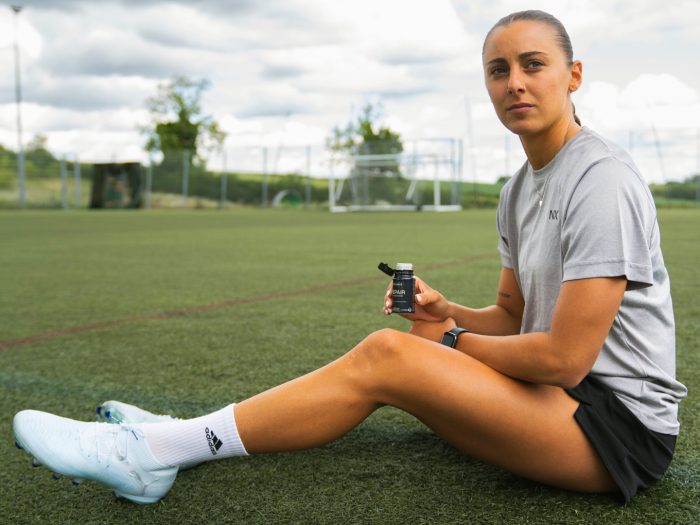
What supplements are good for injury prevention?
Whilst food should always be the primary source of nutrients, some supplements can help to fill gaps and enhance recovery. Omega-3 supplements can support joint health and reduce exercise-induced inflammation, especially during a congested mid-season schedule, whilst collagen supplements - formulated for joints and tendons -have shown promise in improving tendon and ligament function. Creatine monohydrate, well-known for strength gains, may also support injury prevention by increasing muscle mass and strength; helping the muscle recover quickly after exercise. Baar (2017) suggested that regular collagen supplementation may enhance soft tissue repair and act as a protective strategy.
What pre-season supplements should athletes use?
Pre-season training increases demand on the musculoskeletal and immune system, making strategic supplementation particularly helpful. A high-quality whey protein supplement ensures sufficient amino acid availability for muscle repair when dietary protein may be inadequate, especially after heavy training or gym sessions. Vitamin D supplementation is also recommended, particularly during the winter months or for indoor athletes, to maintain bone health. A multivitamin containing magnesium, zinc and B vitamins can also be beneficial during periods of stress, and for those engaged in intense weight-bearing activity, a collagen supplement like the Repair Shot taken 30 to 60 minutes before training may aid tendon resilience and creatine to support recovery and muscle protein synthesis.
To view our full range of injury recovery supplements, check out our dedicated webpage.



